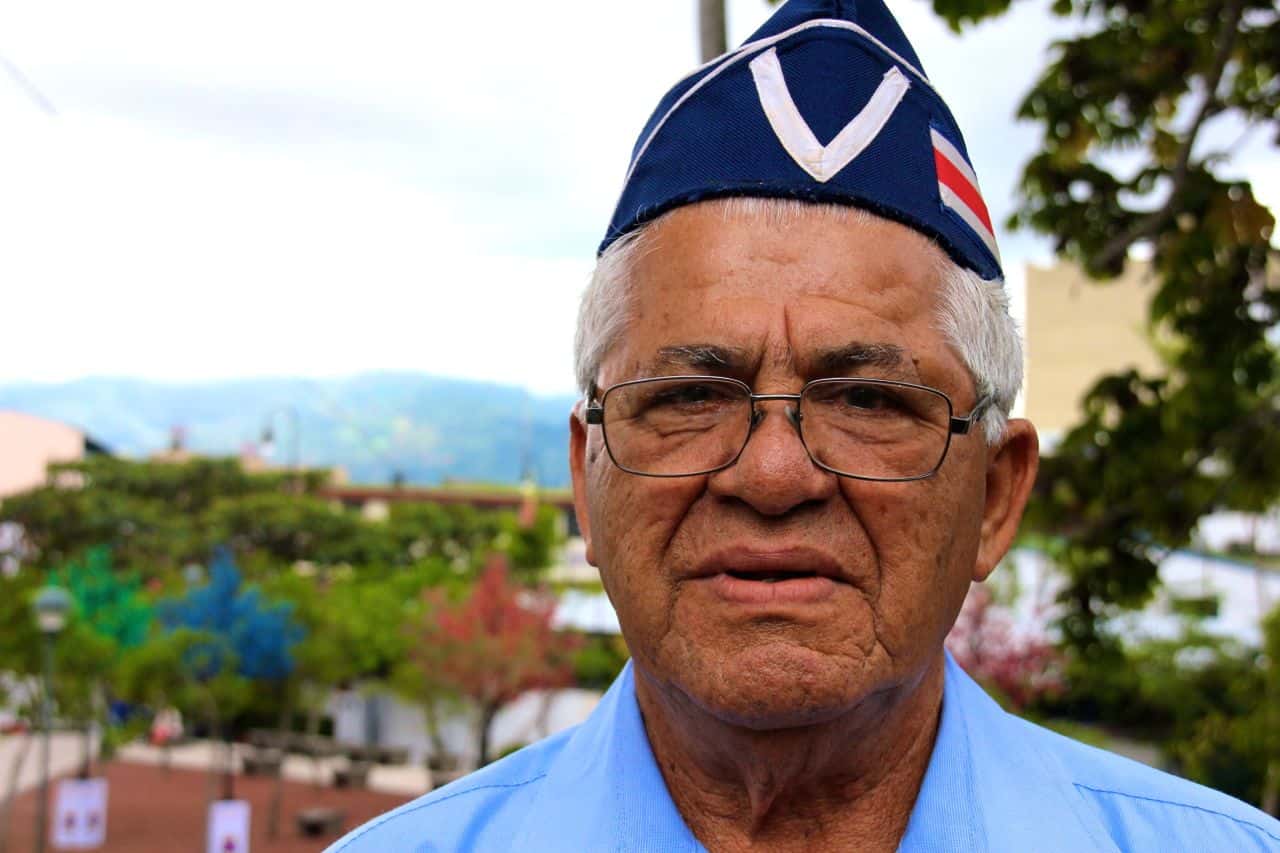COSTA Rica will celebrate the 56th anniversary of the abolition of the nation’s military on Dec. 1, and activities have been planned for the weeks leading up to the event.
In 1948, the legendary José “Pepe” Figueres, popularly known as “Don Pepe,” led rebels in an armed uprising to oust the ruling government after a supposedly fraudulent election. Although Otilio Ulate of the opposition party won, the head of the government party and its candidate for President, Rafael Angel Calderón Guardia, refused to yield, and the ballots were mysteriously burned, preventing a recount.
Figueres’ rebels defeated a relatively unorganized Costa Rican army in about 40 days, and on Dec. 1, 1948, the father of Costa Rica’s modern democracy disbanded his army and abolished the military. The nation’s new Constitution, ratified in 1949, officially eliminated Costa Rica’s armed forces.
“As of that moment, Costa Rica’s army goes to the classroom, has books and notebooks for arms, and the barracks that for many years sheltered arms and artillery, today is a sanctuary of culture, tradition, heritage, and Costa Rican identity,” said a statement from the National Museum in San José, the former Bellavista military headquarters.
To commemorate the historic event, the National Library in San José is hosting a display outlining the history of the 1948 Civil War, which will be open until the Dec. 1 celebration. The National Museum, also in San José, will host public forums beginning next Wednesday on topics related to peace and the abolition of the army, according to the statement. San José archbishop Hugo Barrantes, police chief Walter Navarro, and congressman Rodrigo Carazo are among the scheduled moderators and expositors of the forums.
PRESIDENT Abel Pacheco is scheduled to speak at the Dec. 1 ceremony, which will begin at 2 p.m. at the National Museum. Advocates of the decision to abolish the army claim it has afforded Costa Rica the opportunity to grow into an island of peace amid a region torn by war and political instability.
“Instead of wasting on soldiers and weapons, Costa Rica has invested those resources in health and education. This decision has made of this country a peaceful and pacifistic people,” reads the statement from the National Museum.
FORMER President José María Figueres (1994-1998), the son of the famous revolutionary leader, has been a vocal advocate of that point of view. “We Costa Ricans have no doubt about the transcendence of that decision, however controversial it was at the time, because it enabled this country, more than anything else, to consolidate the democratic, pacifist, and stable Costa Rica that we are so proud of,” Figueres said during a 1997 ceremony celebrating the abolition, according to the daily La Nación. Figueres is now one of three ex-Presidents linked to the largest government corruption scandals in recent memory (see separate article).
UPCOMING forums, entitled “Religion and Cultures of Peace,” “Security Forces and Cultures of Peace,” and “Education, Immigration and Cultures of Peace,” will be held next Wednesday, Thursday, and Friday, respectively, at 3 p.m. at the museum. The final forum, “The Abolition of the Army – 56 years later,” will be held Nov. 29 at 9:30 a.m. in the Sala España in the National Library.






